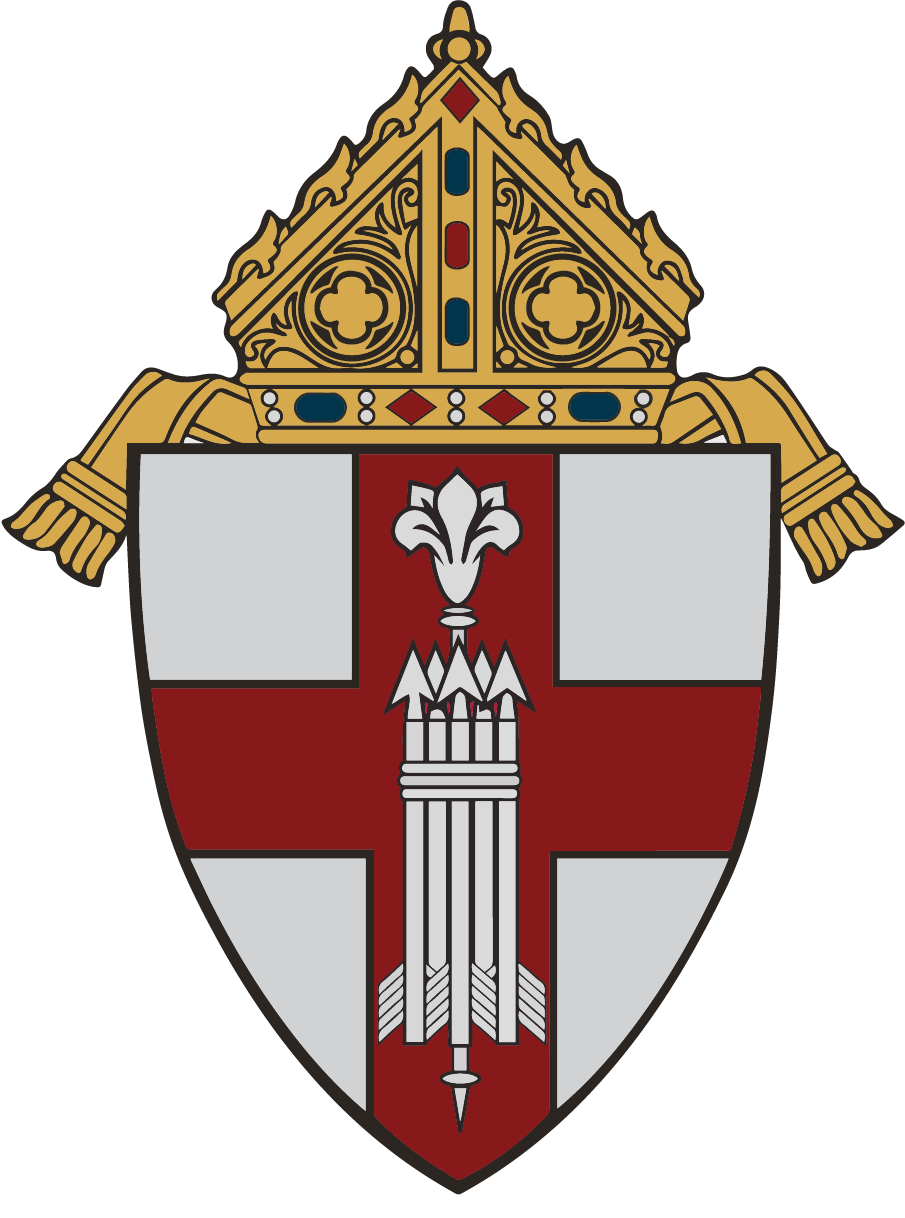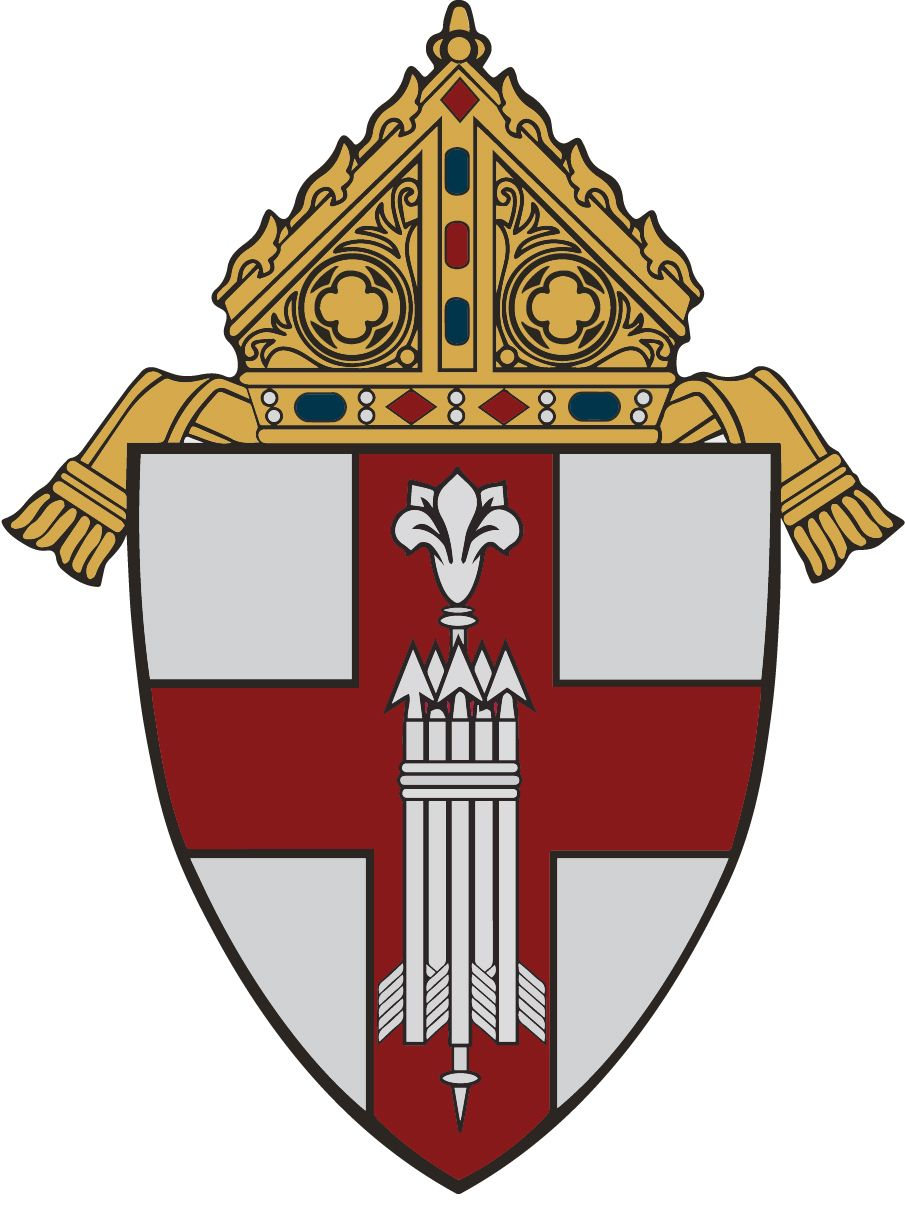Diocese of Manchester
THE CATHOLIC CHURCH IN NEW HAMPSHIRE
To bring a New Hope and the Good News of Jesus Christ through our Catholic faith to all in New Hampshire
The Diocese of Manchester is the Roman Catholic Church in New Hampshire. Diocese is a term referring to a territorial division of the Church, headed by a bishop. Our territory includes the entire state of New Hampshire and includes all Roman Catholics in that area.
A diocese is named for a see city, the place where the bishop resides and his cathedral is located. See is another word for diocese. In New Hampshire, our cathedral is St. Joseph’s Cathedral in Manchester.
The Bishop of Manchester is responsible for carrying on the Church’s mission in his diocese. He is the chief executive, legislator and judge. Only the pope can overrule his decisions, as long as they comply with civil and canon law. In addition to the diocesan bishop, some dioceses have one or more auxiliary bishops who assist in some pastoral duties. The Diocese of Manchester does not have any auxiliary bishops.
The diocesan bishop delegates some responsibility to his staff, which is known by the Church term curia. The staff works out of the diocese’s central offices; historically called the chancery, this building is known in the Diocese of Manchester as the Diocesan Administration Building.
As a part of his staff, the bishop’s leading aides are his vicars and his secretaries. In Catholic teaching, every bishop, including the pope, is a vicar of Christ. The main use of vicar in the Catholic Church, however, is to refer to someone deputized by a bishop or superior of a religious order to carry out certain functions on his behalf. In New Hampshire, our vicars include two vicars general and a judicial vicar and vicar for canonical affairs, who is the diocese’s authority on Catholic canon law. There are also priests known by the Church term vicars forane. Called deans in New Hampshire, these priests serve as the Church’s equivalent of county officers, supporting their fellow priests in nine different regions of the state.
The Bishop of Manchester has further delegated responsibilities to seven secretariats, which are headed by secretaries:
- Catholic Action
- Catholic Formation
- Catholic Schools and Camps
- Development & Communications
- Multicultural Ministry
- Operations & Administration
- Temporalities
These secretariats oversee many day-to-day operations in the diocese, from priest support, to charity work, to Catholic schools. In addition to these roles are several positions in the diocese required by canon law. They include the chancellor, the finance officer, and the tribunal. The chancellor is the highest position a non-clergy member can hold in the diocese. This person oversees official records and, in the case of the Diocese of Manchester, serves as legal counsel and an advocate for the bishop’s public policy goals. The finance officer is also the Secretary of Temporalities and oversees all financial concerns within the diocese. The tribunal is the diocese’s court system and takes up issues of canon law. This office is overseen by the judicial vicar. The majority of a tribunal’s work concerns marriage annulments.
To learn more about the Diocese of Manchester, visit: catholicnh.org


